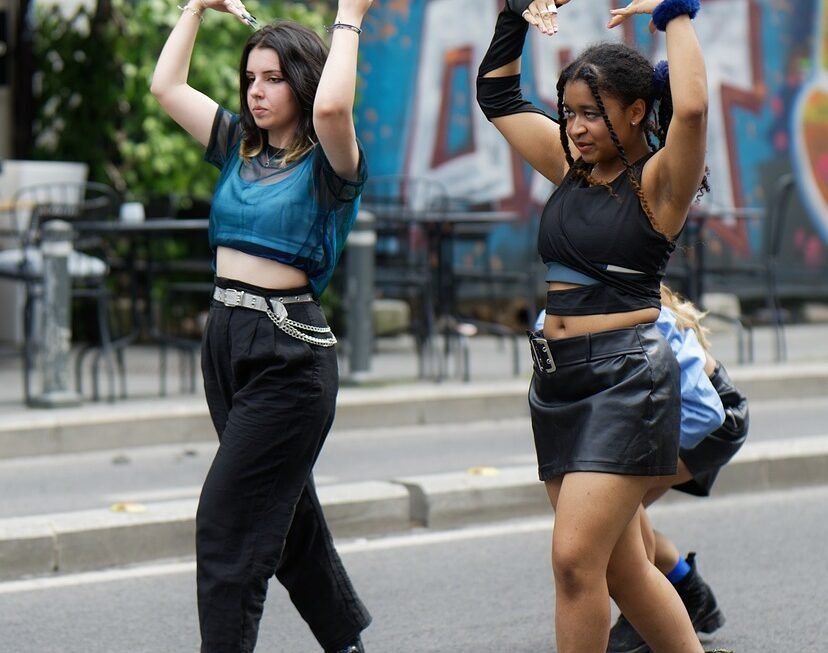Pop culture plays a crucial role in shaping generational identity, influencing how individuals see themselves and how they relate to others. From fashion trends to music, movies, and TV shows, pop culture has a profound impact on how we express ourselves and connect with others who share similar experiences and interests.
One of the ways in which pop culture influences generational identity is through the shared experiences it creates. For example, the music that was popular during a specific time period can evoke strong emotions and memories for individuals who grew up listening to it. Songs can remind us of a first love, a road trip with friends, or a significant life event, creating a sense of unity and nostalgia among those who share these memories.
Similarly, movies and TV shows can have a profound impact on how individuals perceive the world around them and the values they hold dear. For example, the teen dramas of the 90s and early 2000s such as “Dawson’s Creek” and “The OC” were influential in shaping the experiences and perspectives of a generation of viewers. These shows depicted the complexities of teenage life, relationships, and self-discovery, resonating with young viewers who were navigating similar challenges in their own lives.
Fashion trends are another key aspect of pop culture that shape generational identity. From bell-bottom jeans in the 70s to neon tracksuits in the 80s and ripped jeans in the 90s, fashion has always been a powerful way for individuals to express themselves and signal their belonging to a particular generation. The clothes we wear can say a lot about who we are and what we value, and as trends come and go, they reflect the shifting attitudes and ideals of the times.
Social media has also played a significant role in shaping generational identity, with platforms like Instagram, TikTok, and Twitter serving as hubs for cultural exchange and self-expression. Through hashtags, challenges, and viral trends, social media has become a powerful force for bringing people together and creating a sense of community among individuals who may be geographically dispersed but share common interests and values.
In conclusion, pop culture plays a vital role in shaping generational identity by providing a shared language and set of cultural references that unite individuals and help them define who they are and where they fit in the world. From music to movies, fashion, and social media, pop culture permeates every aspect of our lives, influencing how we see ourselves and how we connect with others. By studying the trends and influences of pop culture, we can gain insight into the values and experiences that define different generations and shape their collective identity.




